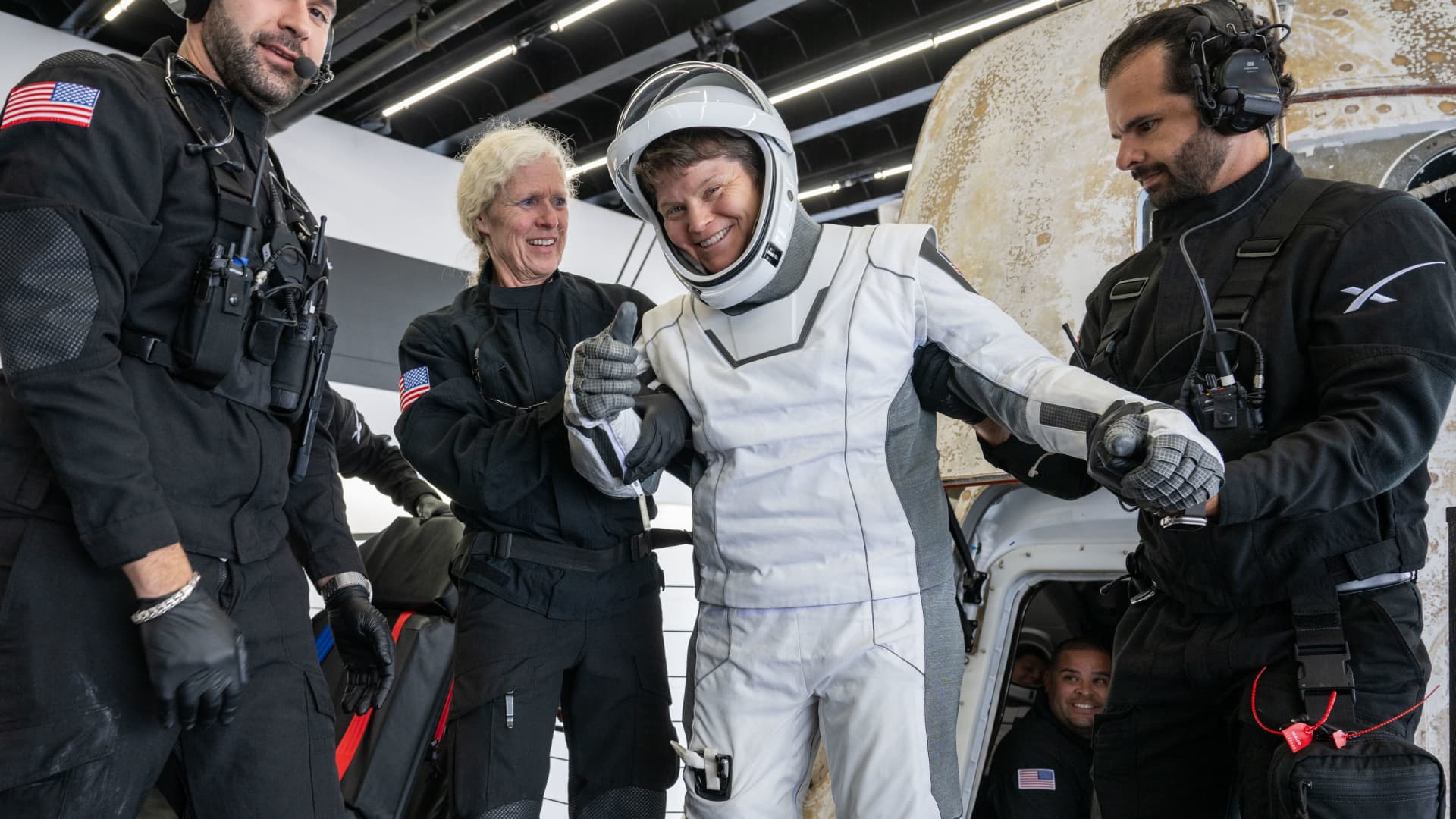The first ‘crime in space’ wasn’t an act of cosmic piracy or extraterrestrial espionage. It was a lie. A petty, terrestrial lie weaponized against a NASA astronaut, now exposed by a guilty plea that rips open the ugly underbelly of a failed marriage and the sensationalism it spawned.
The Real Story
Summer Worden, the estranged wife of a U.S. Space Force intelligence officer and NASA astronaut, has admitted her guilt. She falsely accused her wife of illegally accessing her bank account while aboard the International Space Station. This wasn’t a groundbreaking investigation into orbital larceny; it was a federal case born from deceit. Worden, a former Air Force intelligence officer herself, should have known the gravity of her claims. Instead, she hurled an accusation so outlandish, so headline-grabbing, it briefly overshadowed actual space exploration.
The core of the conflict? A bitter divorce and custody battle. The space angle was merely a dramatic backdrop, a cosmic curtain for a very personal vendetta. Law enforcement, including NASA’s Office of Inspector General, invested significant resources chasing a phantom. They pursued a narrative that painted an astronaut, an emblem of national aspiration, as a digital thief operating light-years away. All because one individual chose to twist personal grievances into a federal offense.
“This wasn’t about justice; it was about weaponizing the system,” a former federal prosecutor might observe. “When personal disputes escalate to fabricating federal crimes, it erodes trust, wastes taxpayer money, and dilutes the seriousness of actual offenses. The space station was just a really expensive, really public prop.”
Why It Matters
This isn’t just about a disgruntled ex-spouse. It’s about the insidious power of sensationalized accusations, especially when they involve figures held in public esteem like astronauts. NASA’s image, carefully curated for decades, took an unnecessary hit. While the truth eventually surfaced, the initial headlines screamed “crime in space,” planting seeds of doubt. Who bears the cost of these investigations? The taxpayer. Who suffers the reputational damage? Not just the falsely accused astronaut, but implicitly, the institution she represents.
This case also exposes the vulnerability of individuals, even those operating in the most secure and remote environments, to earthbound legal and personal dramas. It raises questions about privacy, digital access, and how far an aggrieved party might go to exact revenge. It’s a chilling reminder that even thousands of miles above the Earth, personal battles can crash back down with federal consequences. The resources diverted to investigate this fabrication could have been spent on genuine threats, on safeguarding national assets, or on furthering scientific discovery. Instead, they were consumed by a domestic dispute inflated to cosmic proportions.
The Bottom Line
The guilty plea of Summer Worden isn’t the end of a bizarre saga; it’s a stark warning. It signals a dangerous precedent where personal vendettas can be elevated to federal cases with little more than a sensational lie. If this trend continues, public trust in institutions like NASA will erode, and the pursuit of justice will be bogged down by the debris of personal feuds, making headlines for all the wrong reasons. The real shame isn’t just the lie, but the ease with which it captivated attention, proving that even in the vastness of space, human drama remains intensely, often destructively, petty.


